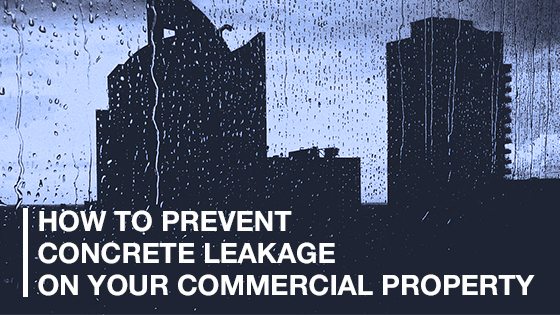Due to its sturdy, wear-resistant nature, concrete is amongst the most common building products. However, despite being robust and resilient, concrete does have the weakness of being a porous material. This means that while concrete may protect against water for a while, over time concrete leakage becomes a problem. To prevent this, concrete needs to be waterproofed, in order to protect both the concrete and the underlying structure. In older buildings rising damp, where ground water slowly rises up a wall, can also be a problem. Rising damp can weaken a wall and affect its appearance too.
Concrete waterproofing comes in many forms, but the two most common are called hydrophilic and hydrophobic systems. One hydrophilic system uses water and crystalline compounds to strengthen the concrete. As water reaches the concrete the crystalline compound reacts with it, forming tiny crystals that fill up the gaps in the concrete.
Cementitious concrete waterproofing is another hydrophilic system. It uses a mix of cement based compound, additives, water and bonding agents, which are applied to the concrete in slurry form. The slurry dries, completely waterproofing the concrete.
Membrane-backed concrete uses an adhesive to fix the membrane to the concrete, and provides a permanent barrier. It is a good long-term solution, but it may need to be repaired if it gets torn or damaged.
Hydrophobic systems of concrete waterproofing use fatty acids to block pores in the concrete, repelling water. A common form of hydrophobic waterproofing is a concrete sealer, which is a more basic method, but may need to be reapplied over time.
While these are some of the main methods of concrete waterproofing, determining which ones are most suitable for your needs depends on a number of factors. To find out more, give us a call on 1300 761 219.


